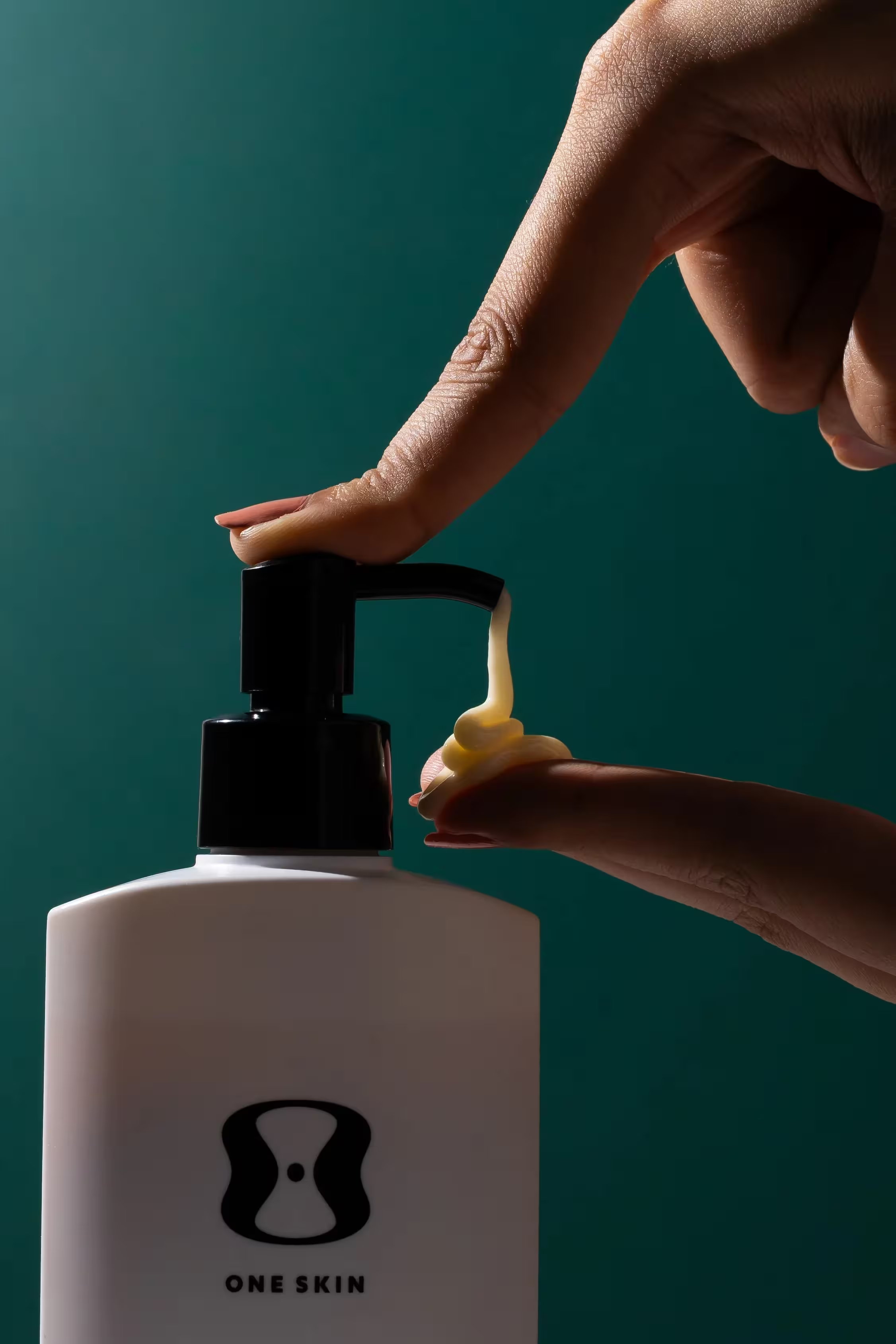
OneSkin is a science-driven skincare brand focused on extending skin health and longevity. Powered by its proprietary OS-01 peptide, OneSkin’s formulas target aging at the molecular level to improve skin strength, hydration, and appearance. Their minimalist, data-backed approach helps users achieve healthier, more resilient skin.

Bubble Sponge creates lightweight travel sponges infused with gentle cleansing soap, making showering simple and mess-free without bulky bottles. Their eco-friendly, single-use products are designed for convenience on the go and suitable for all skin types.
Direct-to-consumer skincare brands are the mavericks of the beauty industry, selling their products directly to customers without the intermediary of traditional retail stores. This business model not only cuts down on overhead costs but also allows these brands to foster a direct and personal connection with their customers. Offering a range of products from organic moisturizers to scientifically advanced anti-aging serums, D2C skincare brands have been at the forefront of innovation and personalization. They leverage social media and digital marketing to reach their audience, providing detailed product information, skincare advice, and customer reviews right at the shopper's fingertips.
In the bustling world of D2C skincare, brands like Glossier, The Ordinary, and Drunk Elephant stand out for their commitment to quality, transparency, and customer engagement. Glossier has been a game-changer with its minimalist approach, focusing on skincare essentials that champion natural beauty. The Ordinary has disrupted the market with its affordable, ingredient-focused range, demystifying skincare for the masses. Meanwhile, Drunk Elephant's dedication to clean, effective formulations has earned it a devoted following. These brands exemplify the best of D2C by offering exceptional products, transparent practices, and a deep understanding of their customer's needs and values.
The D2C skincare market is evolving rapidly, with trends such as clean beauty, personalization, and sustainability leading the charge. Clean beauty has become a non-negotiable for many consumers, driving brands to formulate products free from harmful chemicals and synthetics. Personalization is another major trend, with brands offering customized skincare routines based on individual skin types, concerns, and preferences. Moreover, sustainability has taken center stage, with an emphasis on eco-friendly packaging, ethical sourcing, and transparency. As technology advances, we're also seeing a rise in digital diagnostics tools and AI-driven recommendations, making personalized skincare more accessible and effective than ever before. These trends reflect a broader shift towards mindful consumption and a more personalized, sustainable approach to beauty.